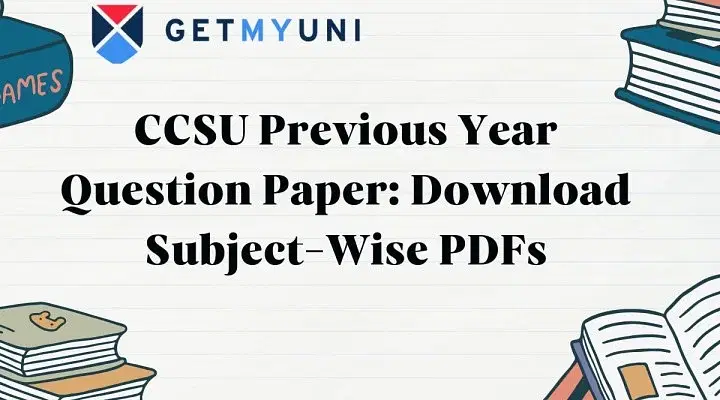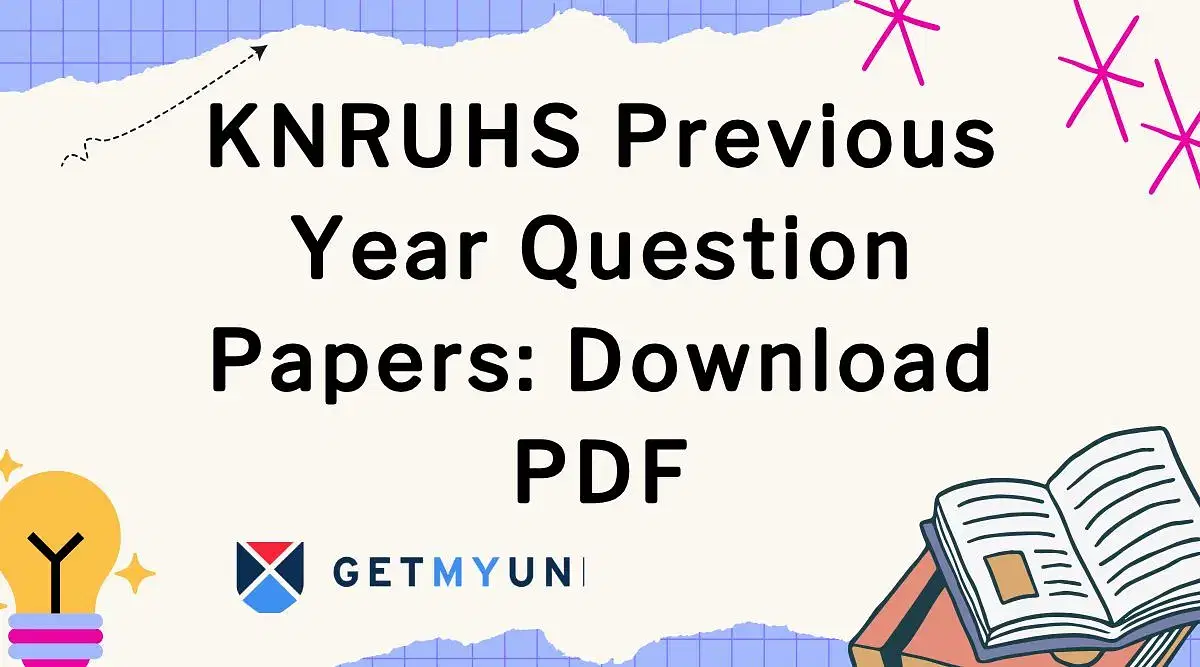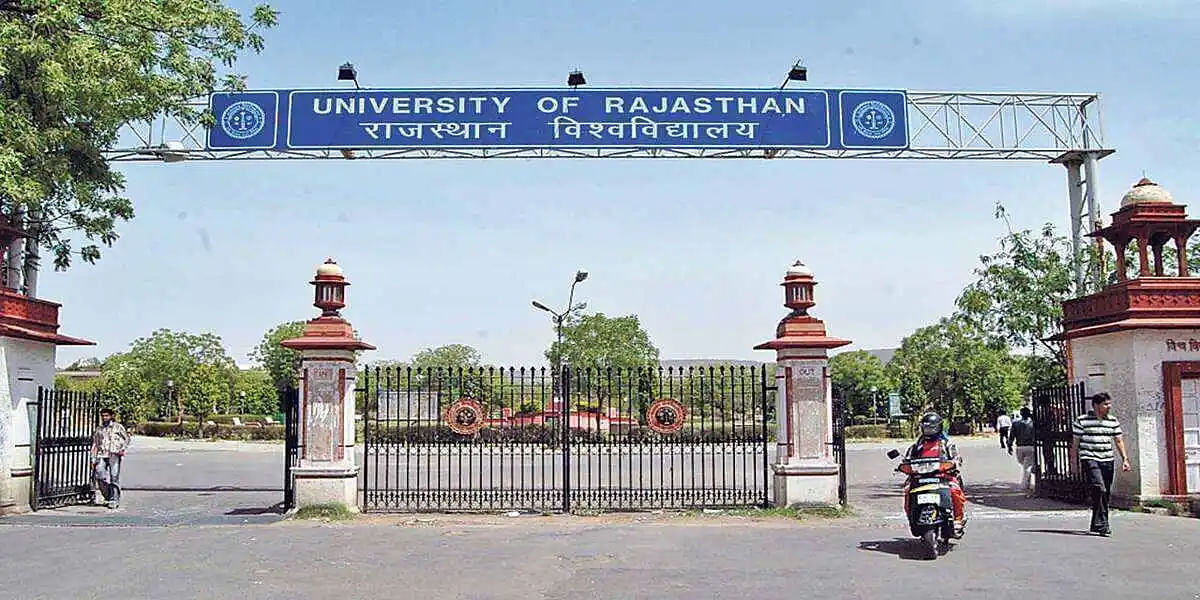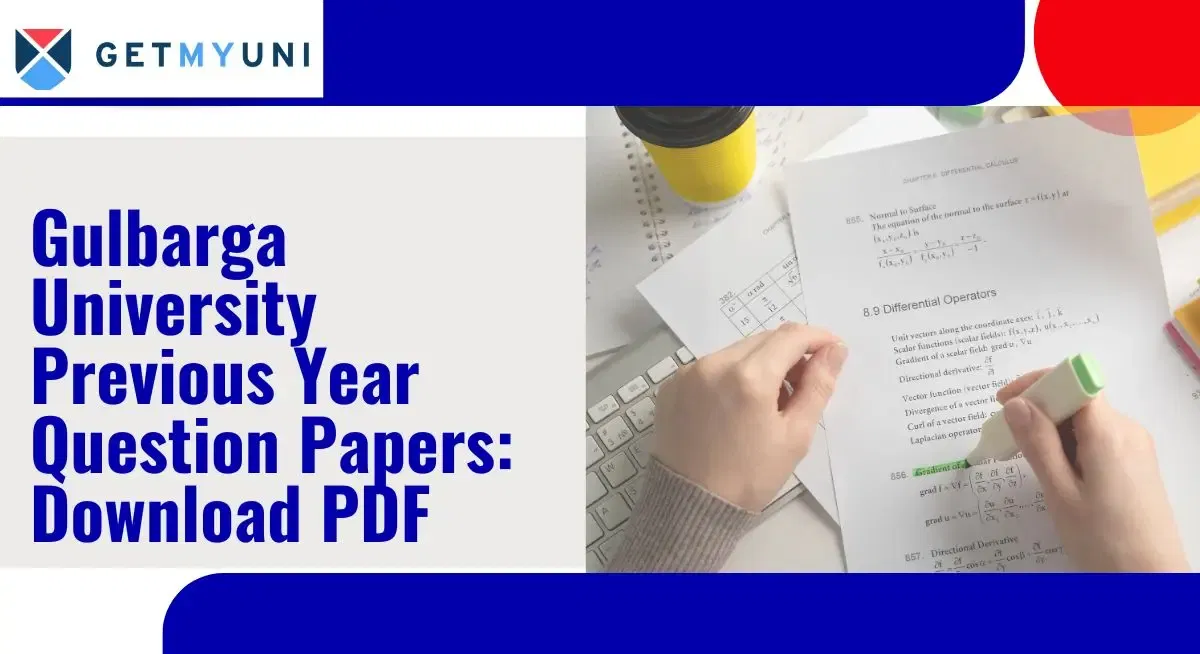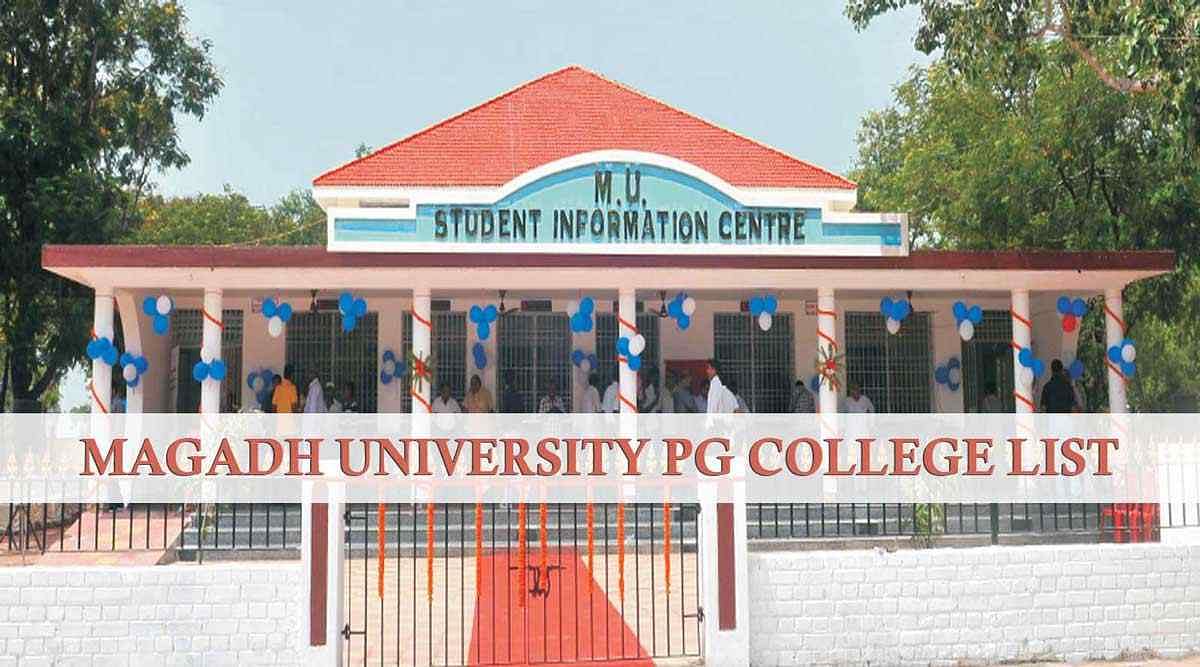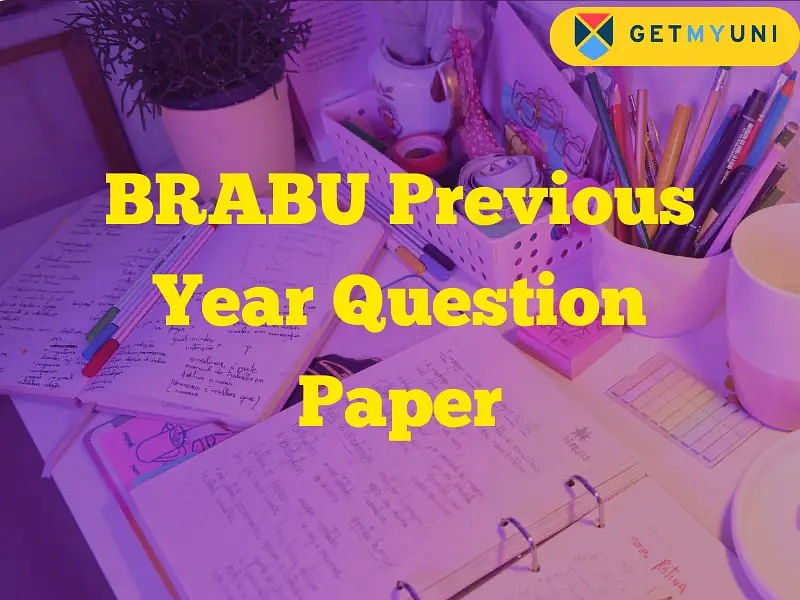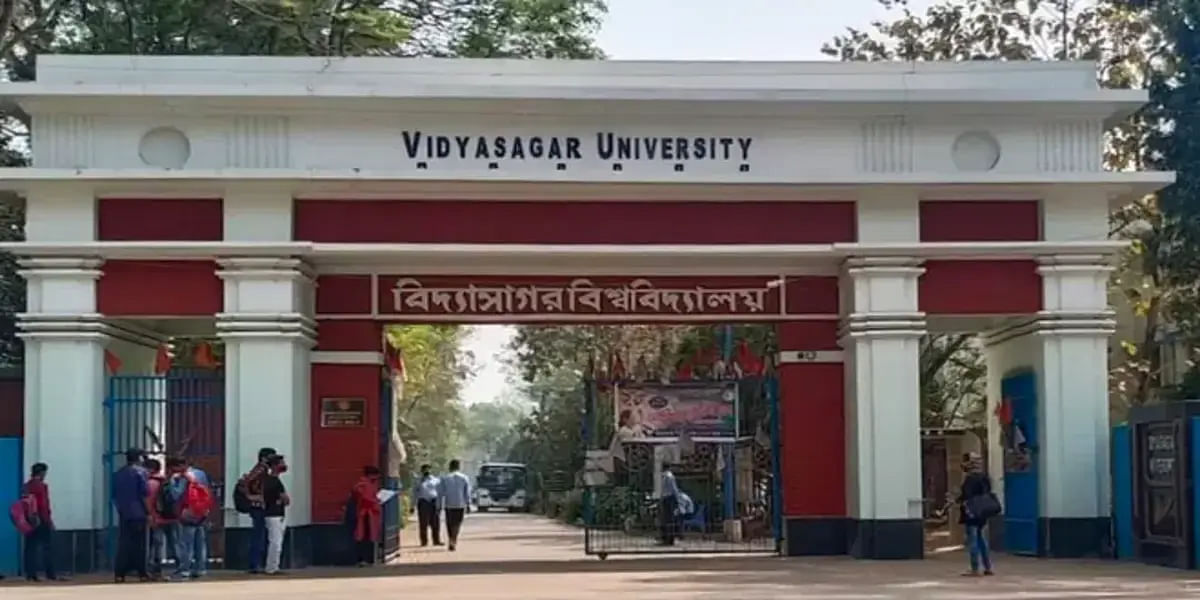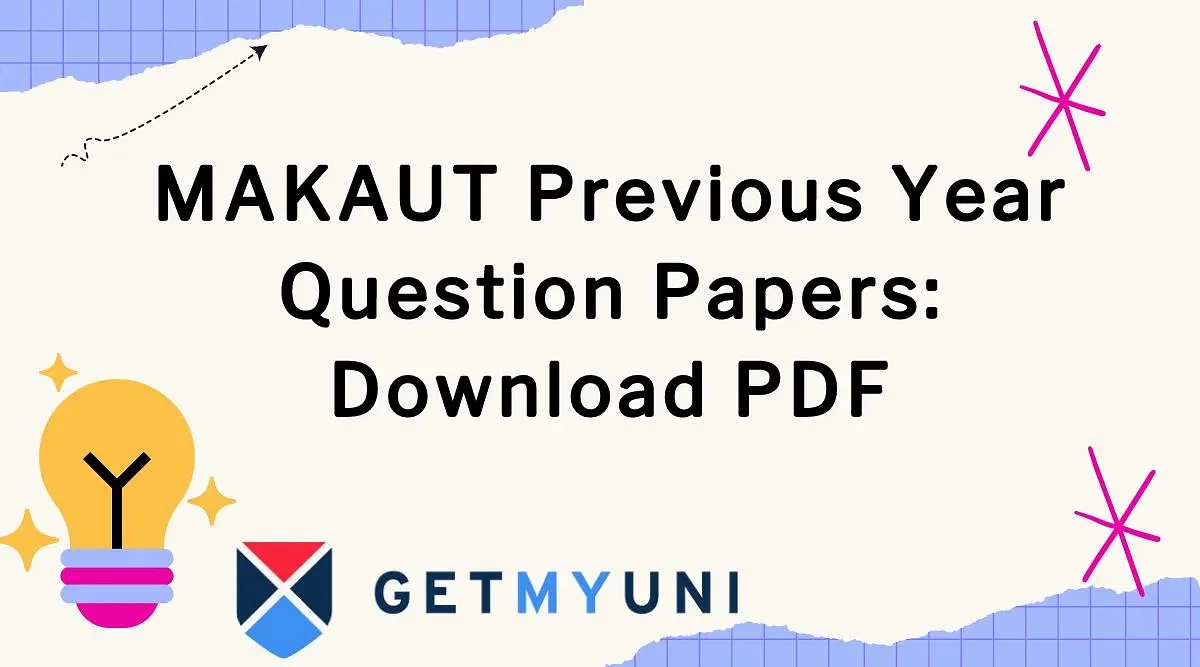The first Education Minister of India, Abul Kalam Azad, is an Indian independence activist, a scholar, poet, and many more. He was well-versed in 6 languages which include Arabic and Persian.
The National Education Day is celebrated as the birth anniversary of Maulana Abul Kalam Azad, the first education minister of India. He survived not only as a well-known scholar, poet, and rebellious journalist but also is treasured for his priceless contributions to the Indian freedom struggle. He is popularly remembered as Maulana Azad, who was well versed in various languages viz. Arabic, English, Hindi, Urdu, Persian, and Bengali.
Who is the First Education Minister of India?
The first education minister of independent India is Maulana Abul Kalam Azad. He was born on 11th November 1888 as Abul Kalam Ghulam Muhiyuddin. Their family was the descendent of prominent Ulama or scholars of Islam.
Maulana Azad had his primary education in Arabic, Urdu, and Persian with an abstract orientation on mathematics, geometry, algebra, and philosophy. He also studied English, politics, and world history on his own. In addition, Maulana Azad had a natural attraction towards writing, which was clear proof after the start of the monthly magazine "Narang-e-Alam" in 1899.
Political Career of Maulana Abul Kalam Azad
After Azad's arrival to India, he met notable Hindu revolutionists Sri Aurobindo Ghosh and Shyam Sundar Chakraborty. Both supported developing progressive political prospects, and he began to participate in the Indian nationalist movement.
During his movement, Azad strongly criticized Muslim politicians who lived more tilted towards the common subjects without concentrating on the national interest. Besides, he also denied the ideas of communal separatism launched by the All India Muslim League.
Azad encouraged the passion of Indian and radical foreign heads and started printing a weekly called "Al-Hilal" in 1912. The weekly was a platform to criticize the British Government tactics and highlight the difficulties faced by the common Indians. The paper grew so famous that its circulation values sum up to 26,000 impressions. The unique newscast of nationalism incorporated with religious involvement realized its approval among the crowds.
In 1914, the British Government prohibited the weekly. But after a few months, Maulana Azad began a new weekly called "Al-Balagh." Later in 1916, failing to decline Maulana Azad's works, the British Government decided to deport him off Calcutta. When Maulana Azad entered Bihar, he was arrested and imprisoned. This detention extended till 31st December 1919.
However, after his discharge on 1st January 1920, Azad returned to the political environment and actively engaged in the movement. He recommenced writing engaging articles toward the British Government.
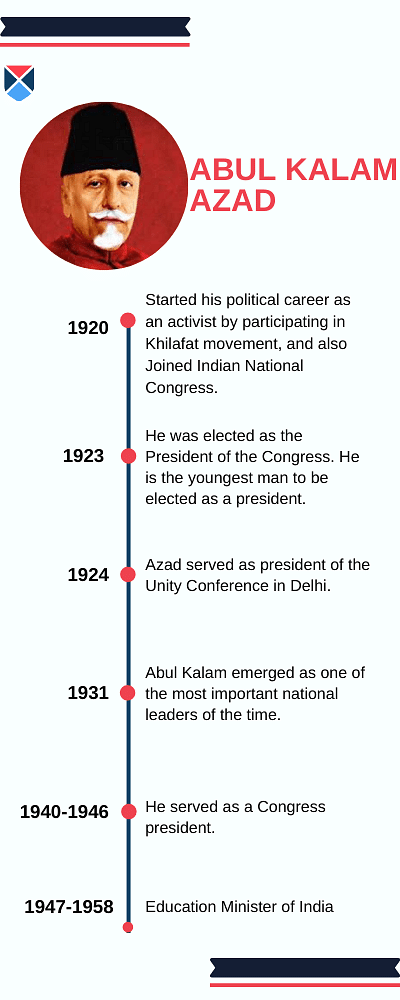
Role of Abul Kalam Azad
Azad is memorialized as one of the preeminent Indian nationalists of his period. His firm faith in Hindu-Muslim unity gained him the admiration of the Hindu community, and he remains one of the most significant figures of communal agreement in modern India.
Moreover, his struggle for education and social uplift in India made him an outstanding character in leading India's economic and social advancement. After India's independence, Maulana Azad was the first Minister of Education in Pandit Jawaharlal Nehru's cabinet from 1947 to 1958.
During the Education Ministry, Maulana Azad founded a scheme for rendering financial aid to many learned personalities in the country who could not bear on their literary pursuant due to economic strains. The country's leading and old poets and journalists too owe their old-age allowance to the late Maulana. Unfortunately, Maulana Abul Kalam Azad passed away with a stroke on 22nd February 1958.
Pre Independence Activities of Maulana Abul Kalam Azad
As an activist demanding the re-establishment of the Caliph in Istanbul, Abul Kalam Azad arrived with the Khilafat campaign during 1920 and became associated with the Indian freedom movement through Gandhi's Non-cooperation movement Khilafat subject was a big part of.
Abul Kalam Azad wholeheartedly promoted the teachings of the non-cooperation movement and, in the manner, became fascinated by Gandhi and his belief. Although originally suspicious of Gandhi's motion to launch an amplified drive against the British Raj asking for independence, he later followed the works. He drove all over the country, delivering speeches and managing various memoranda of the movement.
He worked intimately with Vallabhbahi Patel and Dr Rajendra Prasad. On 9th August 1942, Maulana Azad was detained along with most of the Congress administration. Their restraint persisted for four years, and they were freed in 1946. During that interval, the concept of an independent India had compressed, and Maulana supervised the Constituent Assembly Elections within Congress and led the agreements with the British Cabinet mission to review the terms of independence. However, he defended separation based on religion and was very pained when the idea gave rise to Pakistan.
Post Independence Activities of Maulana Abul Kalam Azad
During the uproar that exploded following the partition of India, Maulana Azad affirmed to take up the responsibility for the protection of Muslims in India. Towards this, Azad travelled the violence-affected parts of the edges of Bengal, Assam, Punjab. He helped in settling the refugee camps and ensured a constant supply of food and essential supplies. However, in the crucial Cabinet meetings, both Sardar Vallabhbhai Patel and Maulana Azad disagreed over the protection rules in Delhi and Punjab.
The position and contribution of Maulana Abul Kalam Azad could not be disregarded. Thus, he was elected as India's first Minister for Education and enlisted in the Constituent Assembly to outline India's constitution. Under Maulana Azad's tenure, several programs were undertaken to support elemental and secondary schooling, scientific education, the establishment of universities, and the publicity of avenues of analysis and higher studies.
Maulana Abul Kalam Azad's Association with the INC
While continuing his patronage to Mahatma Gandhi and the non-cooperation movement, Maulana Azad entered the Indian National Congress in January 1920. He advised the special session of Congress in September 1923 and was the youngest man elected as the congress president.
Maulana Azad arose as an influential national leader of the Indian National Congress Party. He also served as a member of the Congress Working Committee (CWC) and in the general secretary and president departments. In 1928, Maulana Azad validated the Nehru Report, expressed by Motilal Nehru.
Interestingly, the Motilal Nehru Report was firmly scrutinized by many Muslim personalities associated with the freedom movement. As opposed to Muhammad Ali Jinnah, Azad also supported the ending of separate constituencies based on religion and called for a single nation pledged to secularism. In 1930, Maulana Azad was detained for a breach of the salt laws as part of Gandhi's Salt Satyagraha.
Legacy of Abul Kalam Azad
The Ministry of Minority Affairs of the Central Government of India was established by the Maulana Azad Education Foundation in 1989 on his birth anniversary to encourage education amongst underprivileged sectors of the Society. The Ministry also presents the Maulana Abul Kalam Azad National Fellowship, a combined five-year fellowship in financial aid to students from minority populations to continue higher studies such as M. Phil and PhD. In 1992 the Government of India acknowledged by giving Bharat Ratna posthumously.
Various institutions and others across India have also been listed in his honour. Some of them are given below:
- The Maulana Azad Medical College in New Delhi
- The Maulana Azad National Institute of Technology in Bhopal
- The Maulana Azad National Urdu University in Hyderabad
- The Maulana Azad Centre for Elementary and Social Education (MACESE Delhi University)
- The Maulana Abul Kalam Azad Institute of Asian Studies
- The Maulana Abul Kalam Azad University of Technology in Kolkata
- The Jamia Millia Islamia
- A Central (Minority) University in New Delhi
- The Maulana Azad library in the Aligarh Muslim University in Aligarh
- The Maulana Azad Stadium in Jammu
- The Maulana Abul Kalam Azad Institute of Asian Studies earlier, now the Maulana Azad Museum
Azad's monument is positioned next to the Jama Masjid in Delhi. It is a significant landmark and welcomes large amounts of visitors seasonally. Mahatma Gandhi noted Azad by figuring him as "a person of the Calibre of Plato, Aristotle, and Pythagoras."

